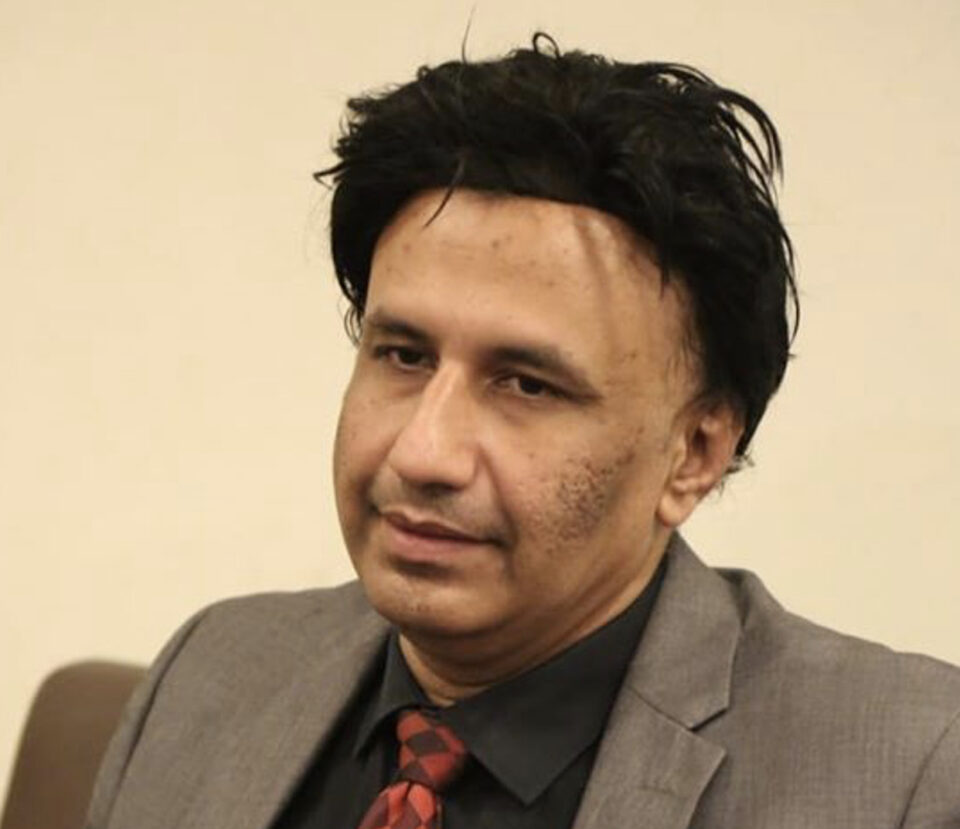By Aamir Abbas Chaudhry
How often the pivotal role of human capital has been sensed with absolute gravity in the affluence of nations. The unceasing deterioration of educational standards at a global scale especially low quality student assessments exemplify ignorance on the part of instructors and universities at large. Hence, the answer is in negation but empirical evidence will overcome any limitation that is associated with the aforesaid proclamation. In the pervasiveness of numerous plausible causes that could give strength to human capital, the high quality education will always stand out from the rest. The education is consistent with basic production functions where pedagogies are the basic inputs, methods are throughputs and graduates are outputs. This conceptual framework of input-throughput-output is being deliberated here in the context of higher education. We can assume no renunciation from all relevant stakeholders when the question arises of adopting the approach of quality assurance but it is a depressed realism that education where passion was recognized as a vital building block is no longer a profession of choice for many people associated with it at present.
We are passing through times where universities administration in general and instructors in particular are adamant and not ready to come out of their comfort zones. A lot of conceptualizations and instructional designs are available but how many instructors are actually cognizant about the length and breadth of pedagogies is a genuine apprehension. If the level of awareness is satisfactory then the concern of aligning pedagogies with the methods of delivery becomes imperative. The education service providers must be familiar with and comprehend the causal linkages between inputs, throughputs, and outputs i.e. graduates. The quality of student assessments that is one of the important components of methods will actually govern the fate of times to come along with the quality of graduates. How do we afford to give our future in the hands of those who are the product of a weak system where unfair means, unethical practices and assessments just for the sake assessments are done with no relevance and passion?
The quality of the entire system will be at palisade if the academic planning element is missing. The ideal academic planning warrants alignment of program and course learning objectives and outcomes as well as alignment of means with methods and then ends as a bare minimum. Furthermore, absence of assessment rubrics can disrupt the synergy of the assessment system. It is apposite to note that any assessment method that is not diverse in nature, not involving multiple instruments of assessment, not enticing any motivation and critical thinking, appears with zero or minimum curiosity, not indoctrinating eagerness to improve, weak in ensuring healthy competition among student peer groups and without any scheme of student recognition and certification is a debacle. The realization of quality in both formative and summative assessments will be dreadful in the absence of timely and steady performance enhancement feedback to students. The feedback system is also accommodating for a regular dialogue between students, university administration and instructors which is essential for a vibrant and strong relationship.
When universities at large will be able to design assessments in line with measurable course learning outcomes, then that time would be a moment of exaltation in true sense. The educational assessments if consistent with outcome-based education (OBE) standards are infallible as far as quality is concerned. We are living in turbulent times, where technology at one time is a blessing and a total chaos at the other. The exponential growth of online education students along with the Covid-19 prevailing situation are challenging on various fronts but the buzzword in town is how we will be able to manage the quality of assessments. If we follow the basic principle of learn, unlearn and relearn and explore multiple and contemporary methods of assessments including discussion boards, gamification, matching questions, fill-in-the-blanks cloze activities, exit cards, poll and quiz results in real time, peer evaluation and reviews, scenario-based questions and projects that enriches the problem solving skills of students then our case of defending the quality as the basic ingredient of educational experience would be strong.
The survival of the fittest in educational assessments demand diversification and adoption of manifold assessment instruments at the same time. If any university and country at macro level wants to differentiate from others with respect to its educational system then they must invest their time and efforts in making their educational assessments system and experience first foolproof as a symbol and then rewarding for its students. In developed countries, nomenclature of qualifications are becoming dependent on the level and quality of assessments instead of universities’ own admission policies and student choices, this fact alone is sufficient to explain the power of educational assessments. In a nutshell, quality of educational assessments is a stipulation if passion and responsibility supersedes ignorance, otherwise it is still an option.
The writer is Director, Quality Enhancement Cell (QEC) at University of South Asia (USA), Lahore, Pakistan (aamir.abbas@usa.edu.pk & director.qec@usa.edu.pk)




